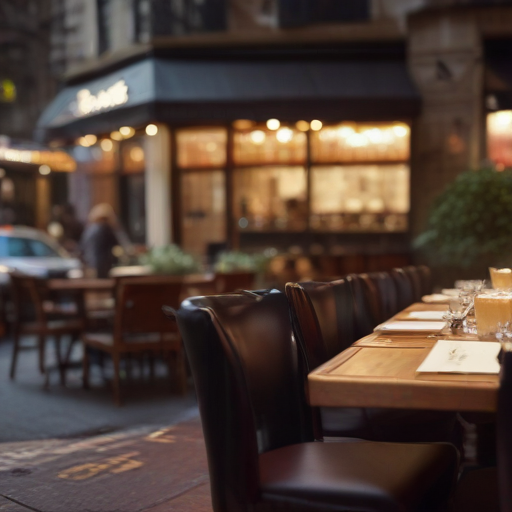Dining out in New York City has become an increasingly challenging endeavor, particularly when attempting to secure reservations at the hottest restaurants. Over the past three years, the struggle to grab a table has evolved into a daunting task, leaving many food enthusiasts feeling left out.
Joel Montaniel, CEO of the reservation platform Sevenrooms, revealed the extent of the issue, stating that even restaurant owners admit to being at a loss for how to handle the surge in demand. This growing competition for tables prompted the New York state legislature to take action last month by banning third-party booking sites like Appointment Trader, where users were reselling reservations for exorbitant prices.
Melissa Fleischut, President & CEO of the New York State Restaurant Association, views this legislative move as a significant win for the hospitality sector, aiming to lessen the struggle for table reservations and shield restaurants from costly cancellations.
Despite these new regulations, the reality remains that following the pandemic, the rush for unique dining experiences continues to exceed supply. Travel advisor Jaclyn Sienna India notes that, across the board, restaurants, planes, and hotels are all at full capacity. With her extensive experience catering to high-net-worth clients, India understands that securing access to these coveted dining spots is a matter of understanding customer preferences and cultivating relationships with restaurant proprietors.
India points out a trend away from fine dining towards trendy eateries, where the allure often lies more in the experience than the cuisine itself. The new dining culture appears centered around the desire for social validation and the fear of missing out (FOMO).
For those willing to invest time and effort into securing reservations, the chance to experience some of New York’s most sought-after restaurants is still within reach. It may require persistence, strategic planning, and perhaps a little luck.
In summary, while the landscape of dining reservations in New York may be challenging, initiatives like the recent legislative changes could pave the way for a more equitable experience for diners. Moreover, the transition towards trendy dining experiences suggests that the evolving culinary scene may continue to attract food lovers eager for social experiences, making the pursuit of reservations an exciting challenge rather than a frustrating obstacle.
